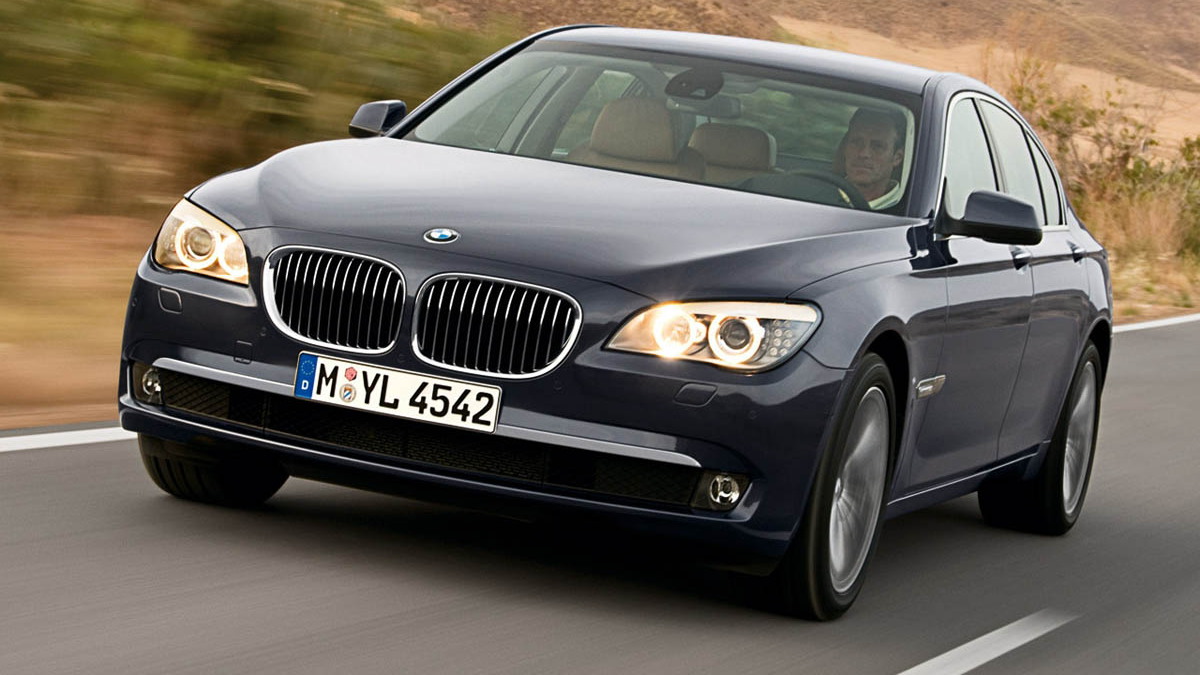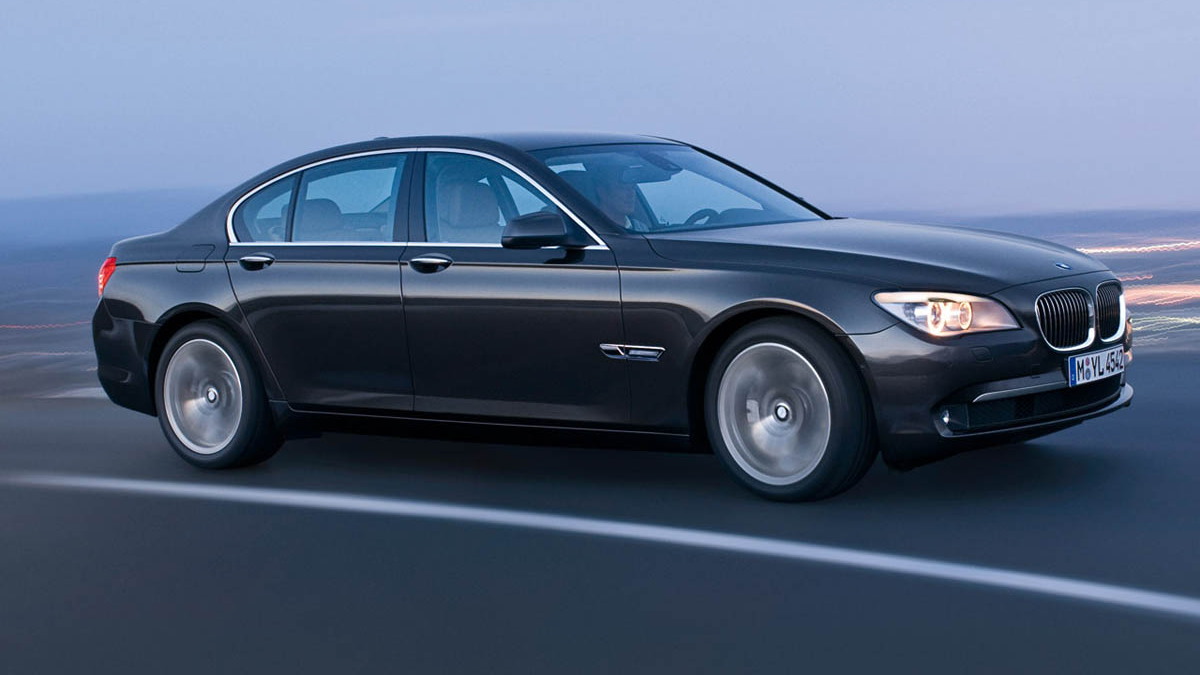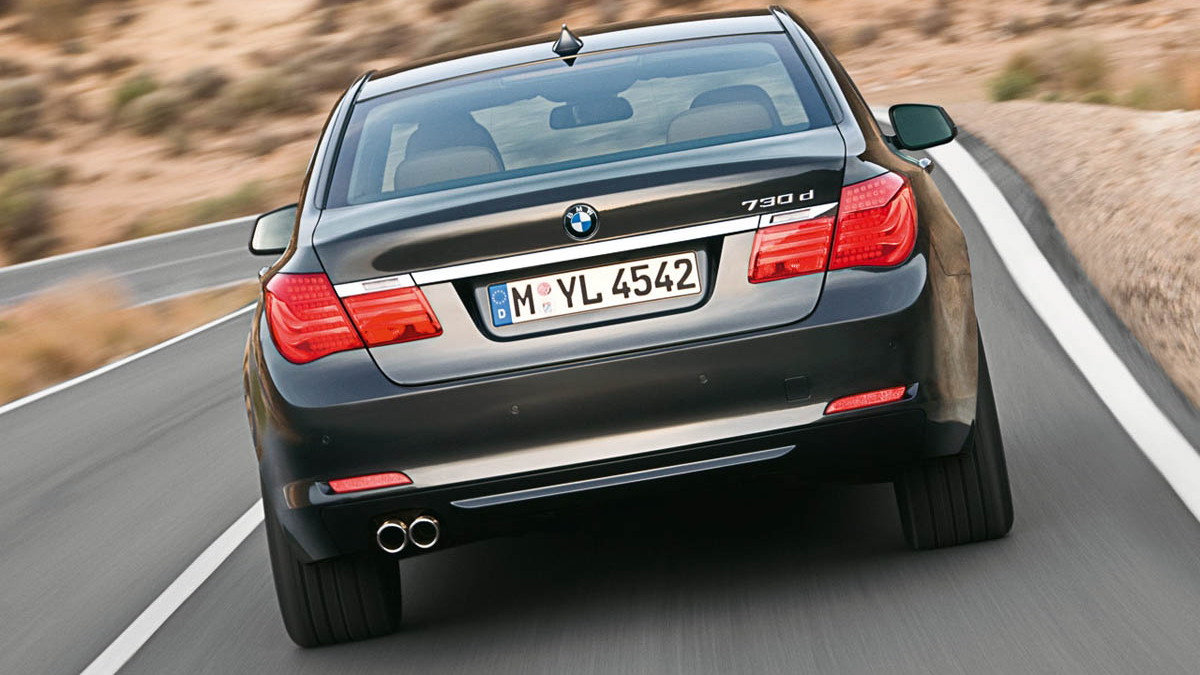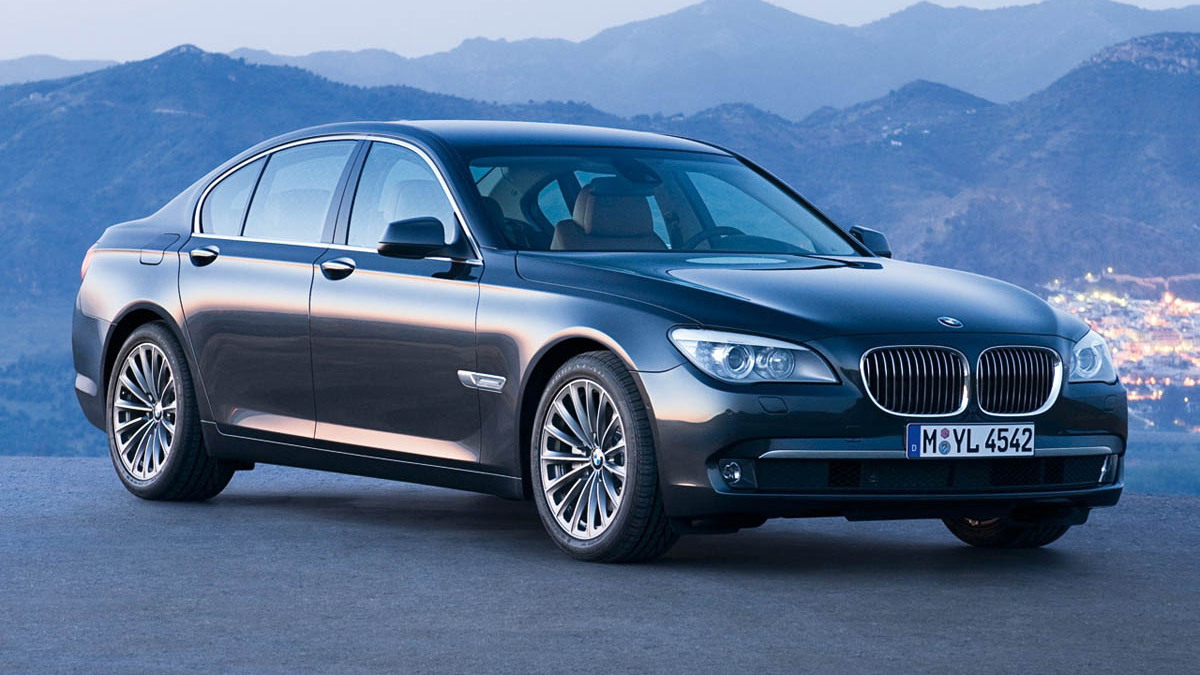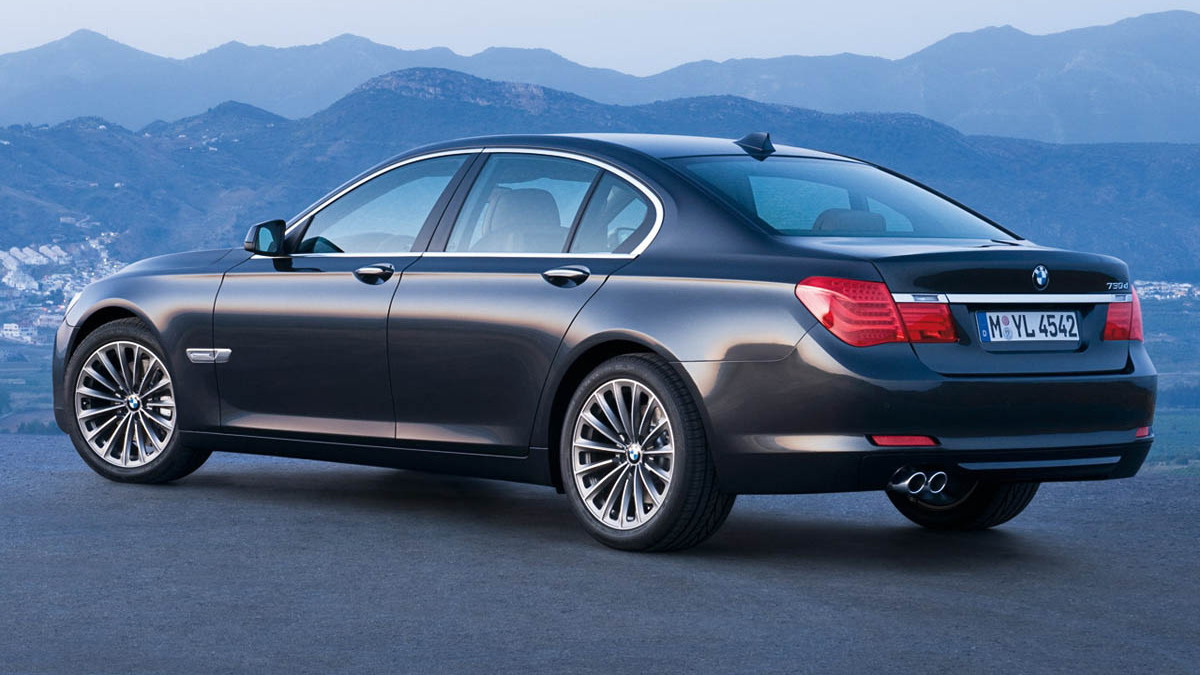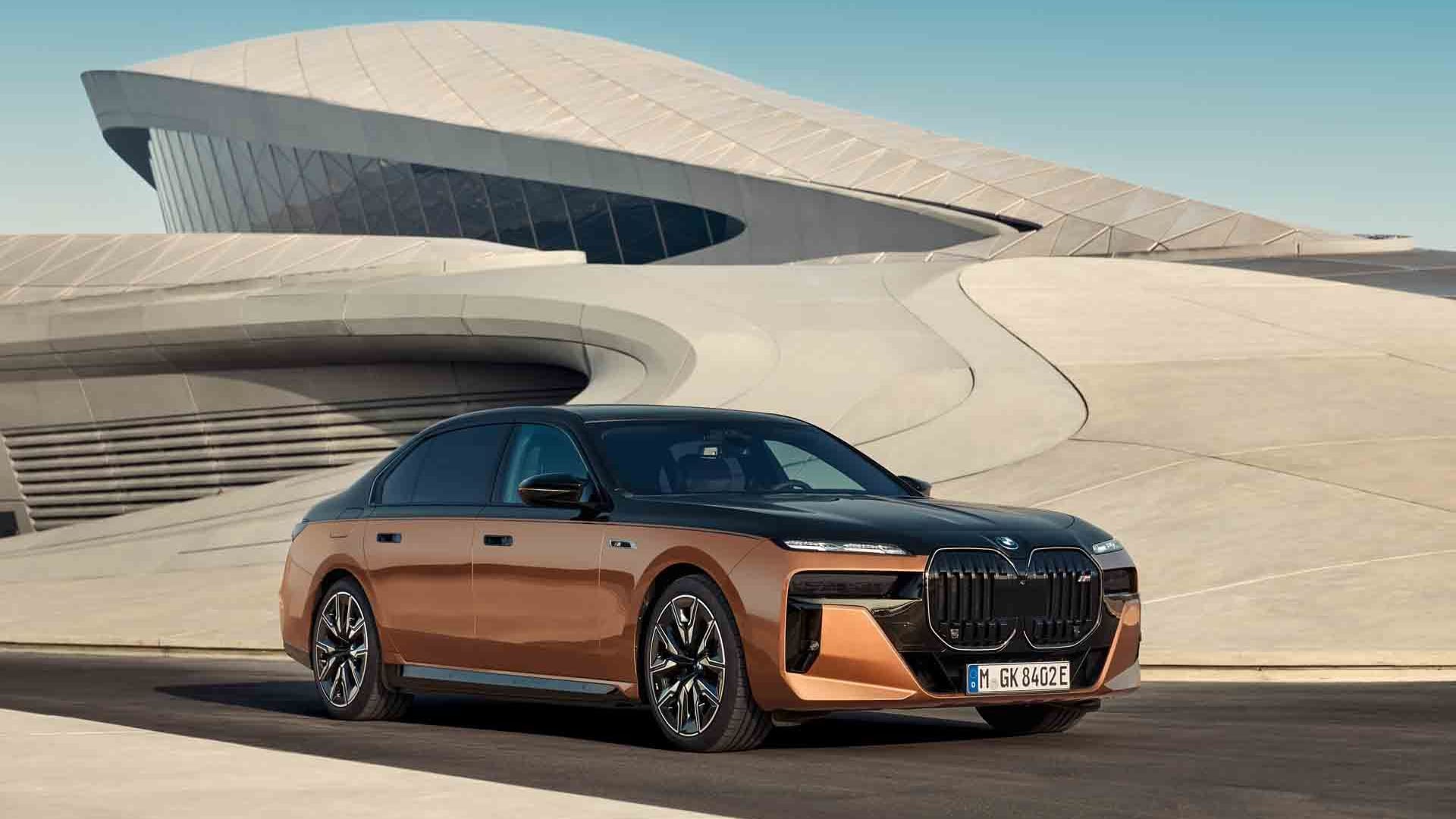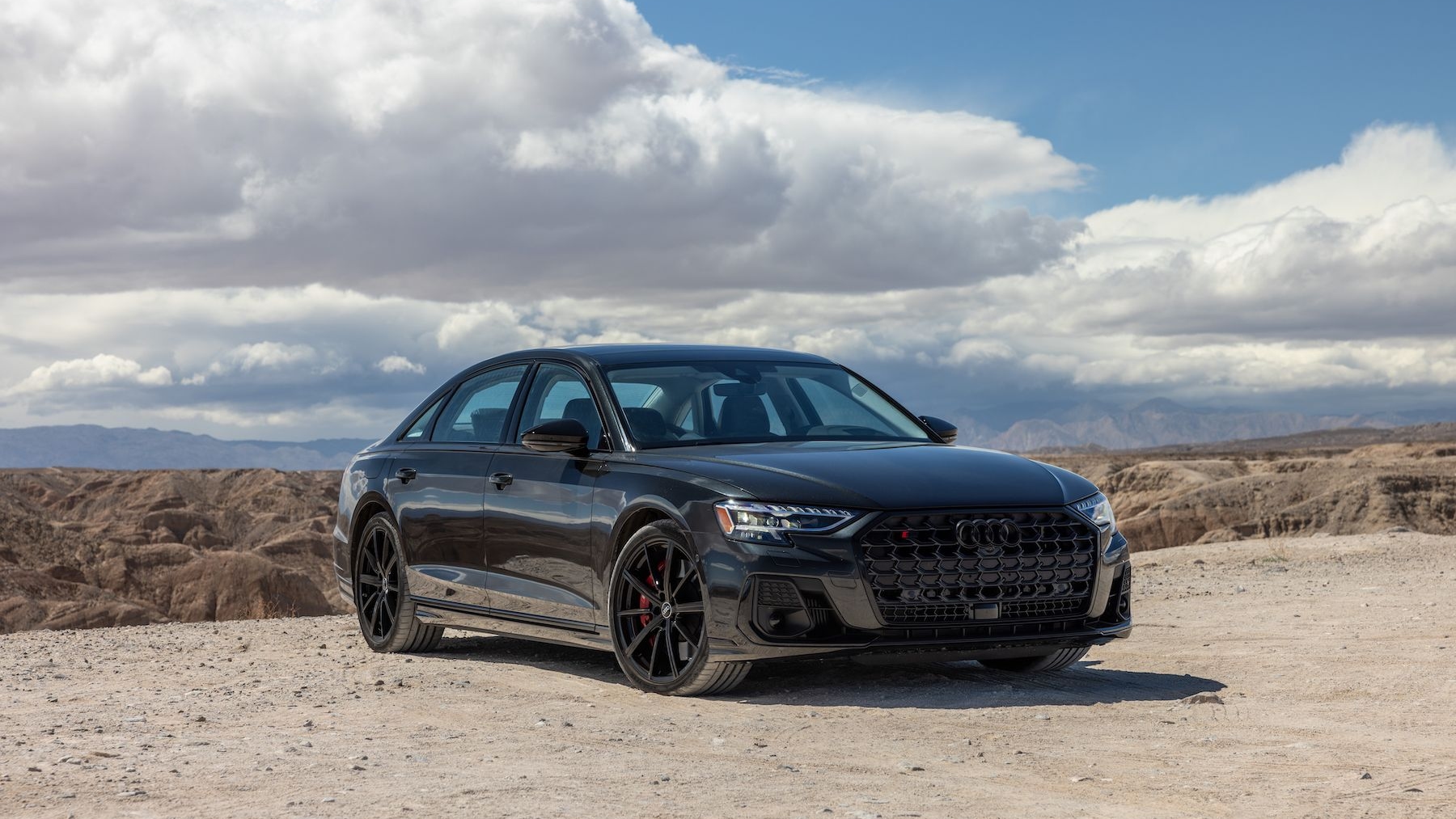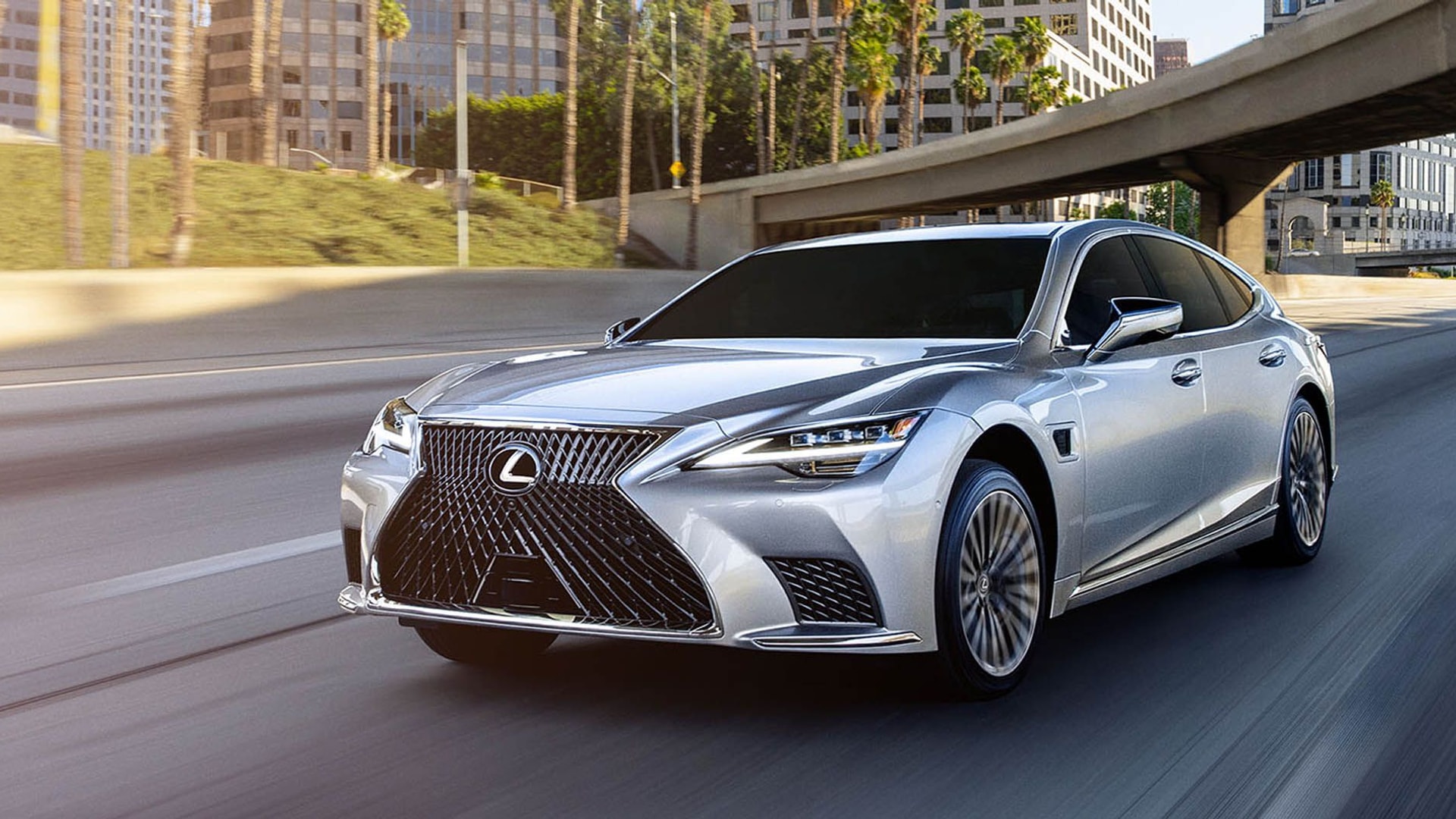BMW currently builds about 160 7-series vehicles per day at its Dingolfing plant in Germany, but plans to boost this number to around 300 per day within the next three months. However, in its current guise the plant is designed to accommodate a production rate of up to 330 units per day. The only problem for BMW is that it does not have enough demand to fill that quota.
Speaking with Automotive News Europe, production chief Frank-Peter Arndt said he believed BMW could sell more units of the new model than the previous generation, which itself sold 344,395 units worldwide.
One option BMW is looking at to boost demand is to increase the number of variants currently on offer. At present there are the V8 powered 740i and 750i models as well as the six-cylinder 730d turbodiesel, but Arndt hinted that more six-cylinder petrol models could eventually be offered as well as next year’s hybrid model based on the recently revealed ActiveHybrid Concept.
Main rival Mercedes-Benz is even looking at adding a highly-charged four-cylinder engine to future generations of its S-Class, however Arndt stresses that a BMW must always provide a dynamic and sporting drive and this is something a four-cylinder engine cannot offer.
